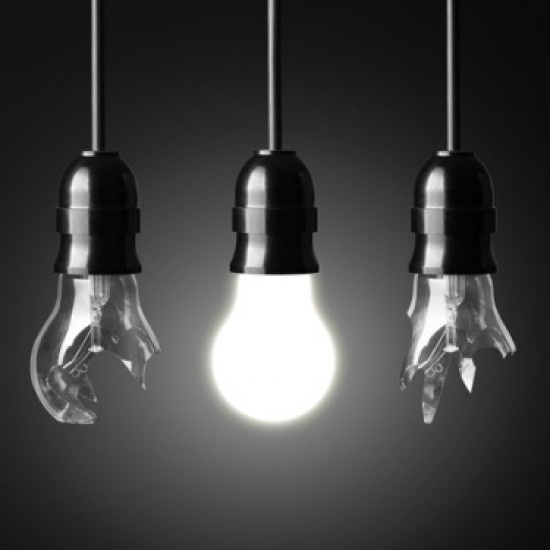
Low-income households in Memphis face a higher energy burden than anywhere else in the United States, paying an average of 13 percent of their annual income on utilities.
Enter Project
The Flyer spoke with Hrdlicka about how his work with Project Lighthome got started.
MF: When did you start Project Lighthome?
MH: The funding campaign started [in December], but I’ve worked with Service Over Self for several years. I reached out to them in November, and when you know people do good work, the process to get something done is very quick.
[pullquote-1]MF: What was it that sparked something in you to try and alleviate this problem?
MH: Breaking poverty cycles and the environment are two issues I care deeply about. Energy efficiency is the lowest-hanging fruit — much easier than, say, installing solar panels or trying to compel people to open a savings account — and puts a dent in both problems at the same time. These two problems are connected. Low-income Memphians pay more for energy than anybody else in the country — on average, $1.32 of every $10. We’re putting LED lightbulbs into 40 homes and insulation in another 20. For $9,000 we can change these families lives for a decade minimum. Think about how long that is, how different you were ten years ago.
MF: How did you get involved with Service over Self?
MH: They are a local Memphis non-profit that runs summer camps and spring break missions for students. Young people who want to do some good instead of going to the beach for their spring and summer breaks can work for a week fixing roofs in the Binghampton and Orange Mound neighborhoods.
MF: After this goal is met, what is your next step? Do you hope it will motivate others to do more on a larger scale?
MH: Memphis was a natural starting place, not only because our production facility is based there, but it’s also the biggest area of need. We would like to look at scaling to more cities, and partnering with any charity that is doing renovation or building homes for underserved areas. Habitat for Humanity would be a natural fit.